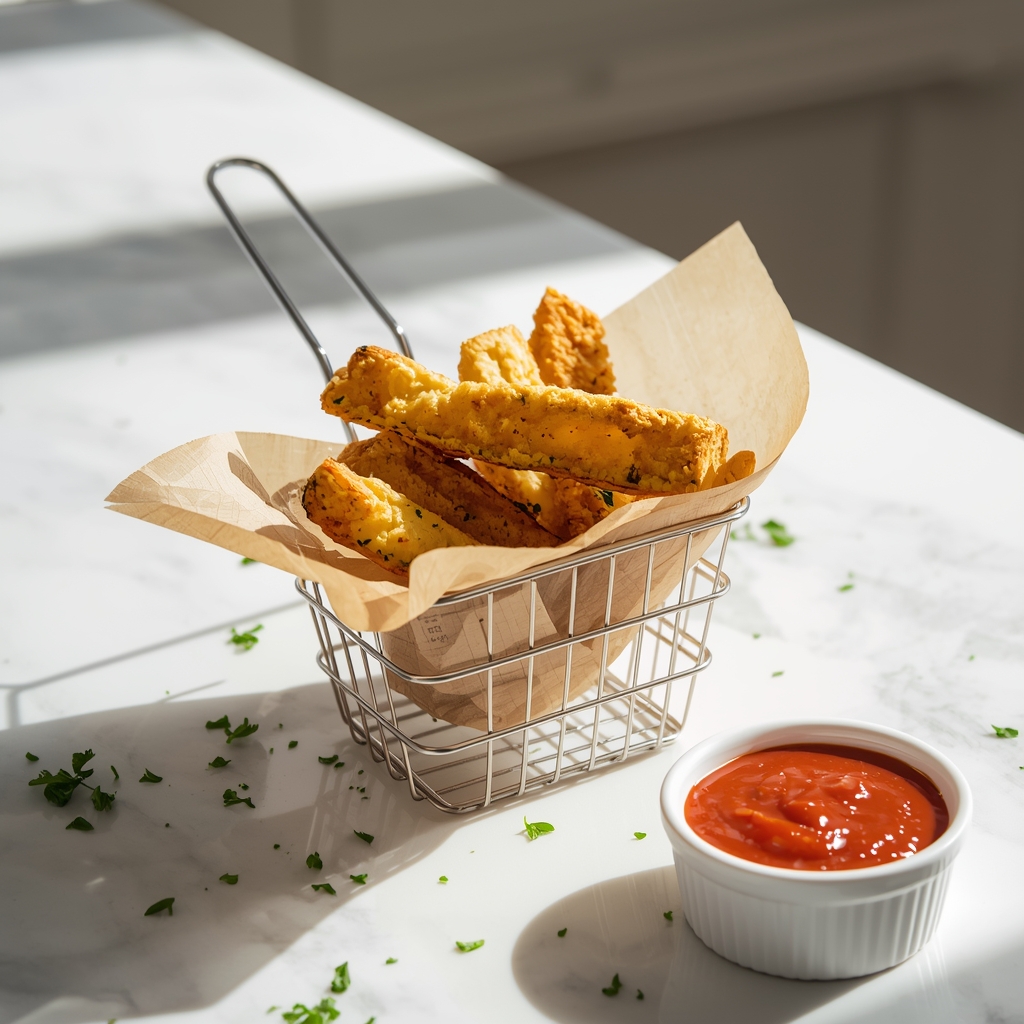Celebrated for their vibrant color and sweet, tangy flavor, fresh blueberries are not just a delightful addition to a multitude of dishes; they’re also a powerhouse of nutrition. As a small, round, and predominantly purple berry, I’m well aware of the nutrients packed within these delicate fruits. Fresh blueberries pack essential vitamins and minerals, and boast a high antioxidant content, including anthocyanins, a group of compounds known for their numerous health benefits.

In incorporating fresh blueberries into my diet, I’ve noticed that their versatility in culinary applications is vast. From a simple snack to their use in sophisticated culinary creations, these berries provide a healthful boost and vibrant flair to any meal. The practice of picking or purchasing fresh blueberries at the peak of their season—which typically runs from April to late September—ensures the best in both flavor and nutritional value.
Key Takeaways
- Fresh blueberries are a nutritious and antioxidant-rich food.
- Fresh blueberries provide numerous health benefits, and you can easily incorporate them into your diet.
- Blueberries are versatile in culinary use and best enjoyed during their peak season.
Nutritional Profile of Blueberries

Blueberries are a nutrient-dense fruit with a rich concentration of vitamins, fiber, and antioxidants, which are essential for optimal health. They are notably high in vitamin C and manganese and pack a significant amount of nutrition in a low-calorie package.
Vitamins and Minerals
My diet often includes blueberries because of their impressive profile of vitamins and minerals. A single cup of fresh blueberries provides about 24% of the daily recommended intake of vitamin C, which is key for the maintenance of a healthy immune system. Furthermore, they are an excellent source of manganese, a mineral that plays roles in bone development and nutrient metabolism, where the same serving yields 25% of the recommended daily value. Blueberries are also a good source of vitamin K, necessary for proper blood clotting and bone health.
Fiber Content
Fiber is crucial for maintaining digestive health, and blueberries contribute a beneficial amount to my diet. In every cup, blueberries offer around 3.6 grams of dietary fiber. This helps promote satiety, reduce cholesterol levels, and support regular bowel movements.
Antioxidant Powerhouse
The antioxidants found in blueberries rank them among the best choices to combat oxidative stress.Flavonoids like anthocyanins give blueberries their distinctive blue color and link to an array of health benefits. Antioxidants protect your cells from damage caused by free radicals and may reduce your risk of chronic diseases.
Incorporating blueberries into my diet not only provides essential nutrients but also contributes to overall well-being.
Health Benefits of Incorporating Blueberries into Your Diet
I find blueberries to be not only delicious but also a powerhouse of nutrition that can have profound health benefits. Regularly including them in your diet may support heart health, manage diabetes, enhance cognitive function, and improve skin health.
Heart Health
Blueberries are celebrated for their role in maintaining heart health. They are rich in antioxidants, which may help lower the risk of heart disease. Studies suggest that these berries can improve blood fat balances, including a reduction in total cholesterol, which is a crucial factor in heart health. Regular consumption of blueberries has also been linked with reduced blood pressure, which is another important aspect of keeping the heart healthy and functioning properly.
Managing Diabetes
For individuals managing type 2 diabetes, blueberries can be a beneficial addition to a balanced diet. They have a low Glycemic Index (GI) and high fiber content, essential for stabilizing blood sugar levels. The bioactive compounds in blueberries might improve insulin sensitivity, making it easier for the body to manage glucose effectively.
Cognitive Function
Cognitive function, particularly memory, can be positively influenced by blueberries. The antioxidants, specifically flavonoids, might interact with aging neurons, leading to improvements in neuron function and delay in mental decline. By regular intake of blueberries, oxidative stress on the brain may be reduced, which is associated with improved cognitive function.
Skin Health
Lastly, blueberries can contribute significantly to skin health. Their vitamin C and antioxidant content may aid in collagen formation, resulting in firm and youthful skin. By combatting oxidative stress, blueberries can protect the skin against premature aging and may improve the skin’s overall texture and suppleness.
Blueberries in the Culinary World
In my kitchen adventures, blueberries shine for their versatility in dishes ranging from the sweetness of desserts to the surprising zest in savory meals.
Breakfast with Blueberries
I often start my day with a bowl of hearty oatmeal dotted with fresh, plump blueberries. Their burst of flavor and antioxidant-rich profile are the perfect wake-up call. Sometimes, I blend them into a blueberry smoothie, combining them with yogurt and a touch of honey for a refreshing morning drink.
Baked Blueberry Delights
When baking, blueberries transform simple muffins and cakes into irresistible treats. I fold them into muffin batter to bake a dozen of golden-brown delights, with each bite carrying a hint of summer sweetness. For family gatherings, a luscious blueberry cheesecake or a classic blueberry pie always pleases the crowd.
Blueberry Beverages
Moving beyond the plate, blueberry-infused beverages are a delight. I like to simmer a simple blueberry syrup to mix into sodas or cocktails. It’s a simple mix of blueberries, sugar, and water, and the resulting deeply hued syrup has multiple uses, from spritzers to sophisticated drinks.
Savory Blueberry Dishes
Blueberries may seem destined for sweetness, but they also add depth to savory dishes. My personal favorite is a blueberry balsamic glaze over grilled chicken. The berries provide a subtle sweetness that complements the savory flavors beautifully.
Growing and Harvesting Blueberries
Cultivating blueberries requires an understanding of their specific soil and climate needs, while their harvest and storage are key to preserving their fresh, succulent flavor.
Best Practices for Blueberry Cultivation
When I consider the optimal conditions for growing blueberries, I focus on soil composition and care. Blueberries thrive in full sun and require acidic soil, with a pH between 4.0 to 5.0. Testing your soil pH is essential, and you may need to add sulfur to lower the pH to the desired acidity. Blueberries prefer well-draining soil, so adding a bucket of aged compost to each planting hole can improve soil structure- particularly if you’re dealing with clay-heavy ground.
Blueberry plants should be set with the rootball just below the surface, allowing roots to spread out. It’s important not to fertilize immediately upon planting but rather one month after, using an all-purpose 10-10-10 fertilizer. Blueberries have shallow roots, so regular watering and mulching help retain soil moisture and temperature.
Harvesting and Storage
When it’s time to harvest, ripe blueberries will be plump and dark in color, and they should come off the bush with ease. Berries that are not quite ready will show resistance. Harvesting typically occurs at least three years after planting, with more significant yields following after six years. Once harvested, blueberries should be stored in a cool, dry place and can be kept fresh in the refrigerator. For long-term preservation, freezing blueberries is an excellent option. Freezing does not significantly alter their taste or nutritional value, making frozen blueberries a versatile ingredient for off-season use.
Growing blueberries requires patience and attention to detail, but with proper care, you can enjoy both fresh and frozen blueberries year-round. North America is known for its blueberry production, which means there are ample opportunities to apply these practices and enjoy homegrown blueberries irrespective of whether you’re enjoying them fresh off the bush or utilizing them from your freezer months later.
Blueberries for Different Diets and Lifestyles

Blueberries are a versatile fruit that fits snugly into various diets, offering a blend of low calories and high fiber content. Their potential to support diabetes management and obesity prevention makes them a nutritious choice for different lifestyles.
Blueberries in Vegan Diets
In my experience, incorporating blueberries into a vegan diet is remarkably easy and beneficial. My go-to choice for antioxidants, they aim to combat inflammation, and since they’re plant-based, they seamlessly integrate with the vegan philosophy of avoiding animal products. Typically, I find that a 100-gram serving of these berries delivers about 57 calories and close to 3.6 grams of dietary fiber, a bonus for my digestive health.
Low-Calorie Options
When managing weight or dealing with obesity, I often suggest blueberries as a low-calorie, nutrient-dense snack. The fiber content in blueberries has been acknowledged as a factor that could promote fullness and reduce appetite. I usually enjoy them fresh, perhaps tossed in salads or simply by the handful, to keep the calorie intake under control while satisfying my sweet tooth.
Gluten-Free Blueberry Recipes
My personal recipe collection features a variety of gluten-free blueberry dishes that cater to those with gluten sensitivities or celiac disease. A favorite is my homemade blueberry compote, which I use as a topping over gluten-free pancakes; it’s a delightful way to start the day. Another is mixing blueberries into gluten-free oatmeal, adding natural sweetness and a boost of fiber without any worry of gluten contamination.

*We may earn a commission for purchases made using our links. Please see our disclosure to learn more.


